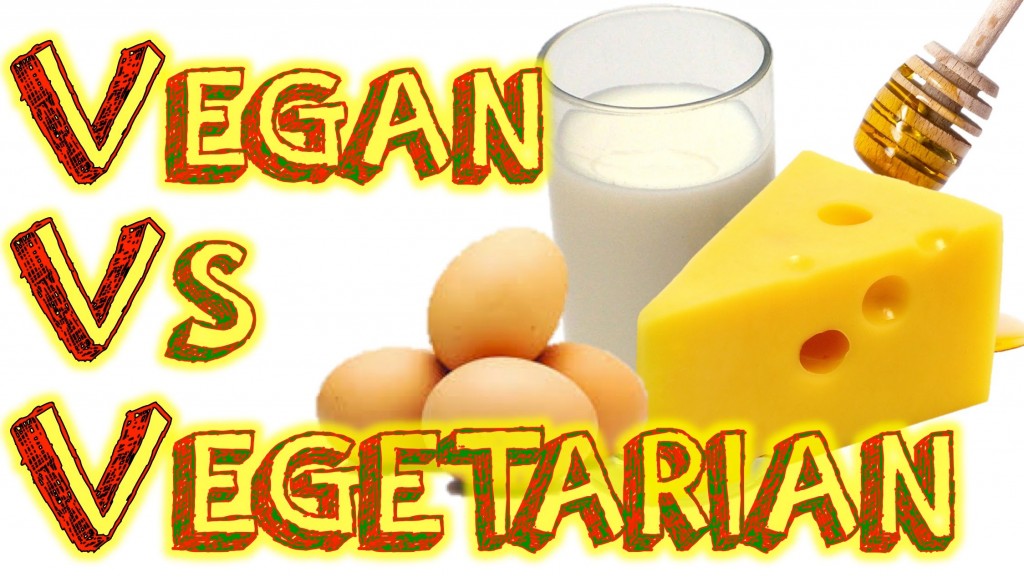“Food does not make you fat; fat makes you fat.” – Susan Powter.
I do not agree. Food, in fact, makes one fat, on top of no exercise, genetics, childbirth and a whole bunch of other factors. A fat-free diet is certainly not a healthy one, and probably is not going to provide long-lasting weight loss.
In that vein, it’s time to talk about vegetarian and vegan diets. A lot of people seem to adopt them because they can be potentially fat-free, because one can lose weight under them. Many people also think that vegetarians can eat the same things as meat-eaters, only without the meat. (Read: just skip the meat, eat spaghetti with tomato sauce and dessert.) A lot of skinny girls at my high school admitted that they just “didn’t eat meat” because it was fatty.
I am a vegetarian myself, and I enjoy it a lot. I am vegetarian mostly out of food preference, although there are some health and social/world economy benefits. Yet I also believe in the goodness of eating meat. Diets should be custom-made for one’s own health, economic and social needs, as well as food preferences.
Myth: vegetarian/vegan diets should and will help you lose weight.
Vegetarian/vegan can help you lose weight, but they should not be designed or adopted for that purpose. Most women, for one, get a lot of fat from cheeses and salad dressings as opposed to meat–and cheese and salad dressings are usually vegetarian. Even so, ovo-lacto vegetarians (not vegans) should be sure to eat plenty of calories and fats from good sources–that means plenty of dairy and eggs, as well as more “fatty” healthy vegetable foods, like peanut butter and other nuts, for protein, calcium and iron. Vegans should be careful to maintain the same caloric intake they’ve had previously, but to get it from a variety of fruit and vegetable sources. Again, vegans should not shy away from fat, from avocados, olive oil, peanut butter, nuts and the like.
(Note: the health benefits of cow’s milk are in debate. I’d air on the side of drinking organic or non-bGH milk for its health benefits until a substantial report emerges, but many contenders argue that soy or non-animal milk is better.
Myth: one should adopt a vegetarian/vegan diet to lose weight.
See above. If you ask me, losing weight isn’t a good reason. There are plenty of other benefits to a meatless or low-meat diet (of course, keeping the individual in mind): medical benefits, when the diet is used healthfully; social benefits, including eating lower on the food chain; economic, what with the lowered cost of cooking many meals or not buying meat (although prepared vegetarian/vegan food can be quite expensive); and simple food preferences.
If you are vegetarian or vegan or are considering becoming one, please keep this all in mind. One should consult a dietitian or a trustworthy published resource on vegetarian health and nutrition before planning the diet. Remember: fat and calories are good, when from good sources; variety is good. Weight loss should hardly matter.
